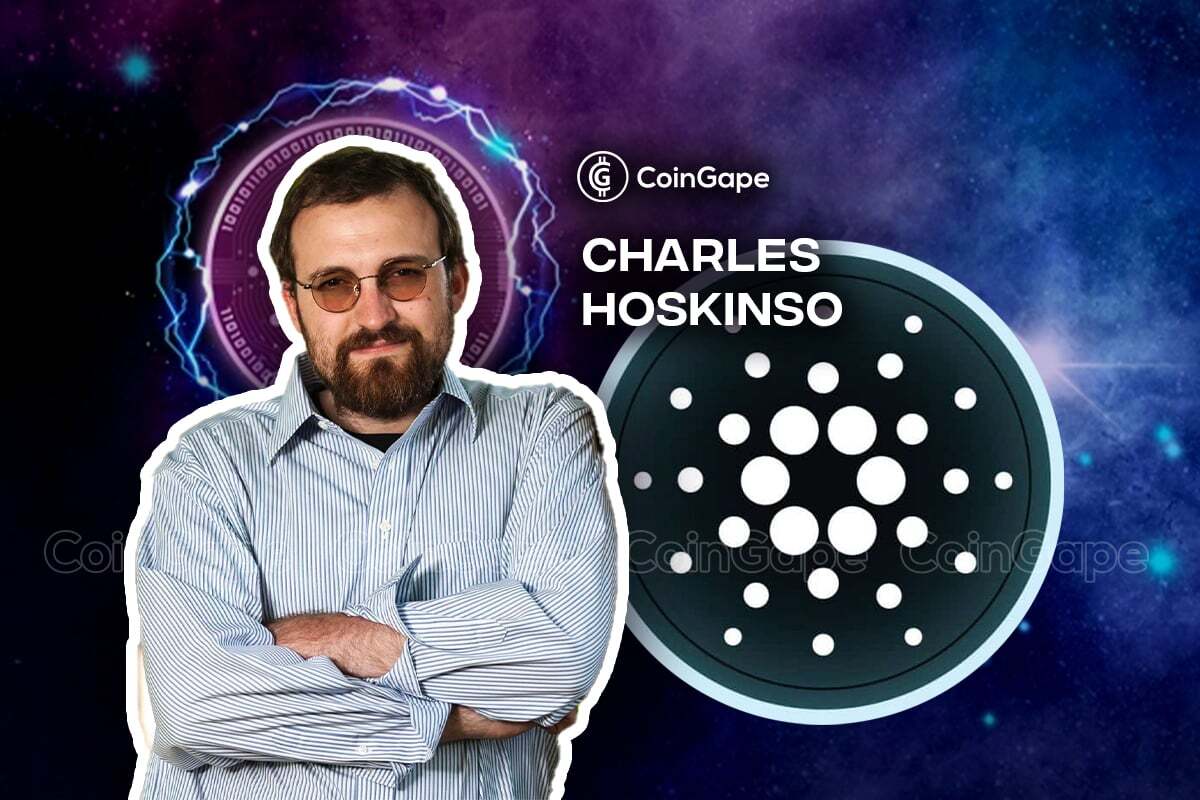Story Highlights
- Cardano founder Charles Hoskinson has unveiled 3 unique drivers for blockchain sustainability
- Among his tips include development of Partnerchains
- Cardano is innovating with new features and upgrades
Charles Hoskinson, Cardano’s founder, believes that activating decentralization governance, the treasury, and partner chains are key catalysts to driving blockchain sustainability.
Improving Blockchain Scalability and Transaction Volume
The Cardano founder shared these key catalysts for blockchain sustainability in response to an earlier X post. Patrick Tobler, a crypto enthusiast and the CEO and founder of NMKR, started the conversation by stating that it is necessary to increase the number of transactions on Cardano to enhance the sustainability of the network.
This comes as Cardano is faced with a recent challenge of its staking rewards dropping below 3%. Precisely, data from the Staking Rewards site confirms that the current reward rate for Cardano (ADA) staking is 2.97%.
He suggested that staking pools are the current pillar of the Cardano blockchain, citing that when they are no longer profitable, “we’re in trouble”. Furthermore, Tobler believes that the “trouble” season is approaching rather quickly.
He advised that staking rewards coming from the treasury through transaction fees be replaced as a precautionary measure.
Recommended Articles
Cardano Founder Hammers on Need for Decentralization
On one hand, Hoskinson strongly believes there are other ways to achieve the sustainability of the blockchain. First, he highlighted partner chains, increased transaction volume, and ADA value appreciation as core metrics that will rebalance profitability.
It’s axiomatic. Of course, all cryptocurrencies need more transactions. That’s the purpose of a blockchain. The most vital things we can do are get decentralization governance running, the treasury operational, and partnerchains running
— Charles Hoskinson (@IOHK_Charles) March 31, 2024
Tobler seemed to disagree with Hoskinson, pointing out that the latter cannot reasonably argue against the analysis that Cardano needs more transactions.
For context, Tobler acknowledged that no partner chain is currently live and the amount of transaction fees is still not sufficient to cover the stake pool rewards. He once again emphasized the fact that Cardano needs scalability as well as more users who will initiate more transactions.
“It’s the only way to make running a Stake Pool financially viable long-term,” Tobler added.
It is worth noting that staking on the Cardano blockchain is crucial seeing that it provides a platform for ADA holders to engage in network validation while earning rewards.
Ultimately, Hoskinson agreed that all digital assets require more transactions as that is the purpose of a blockchain. However, he reiterated that getting decentralization governance and partner chains running and ensuring that the treasury is operational are what Cardano needs.
Pending when these factors will go live, Hoskinson is deploying more skin in the operational efficiency of Cardano with the upgrade of its RATS pool to a functional node.

